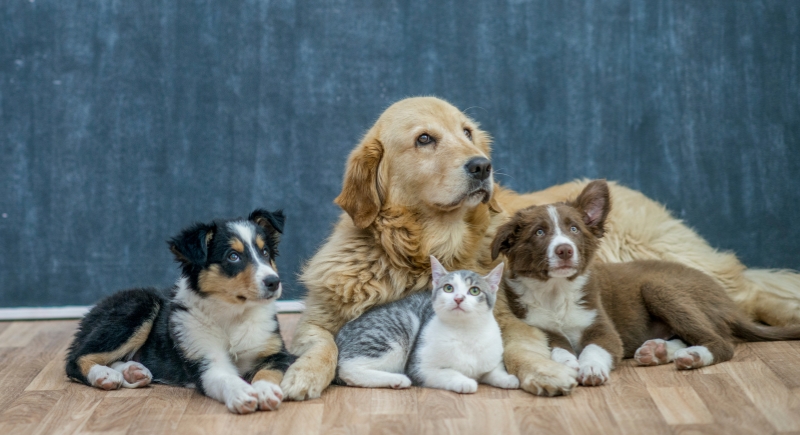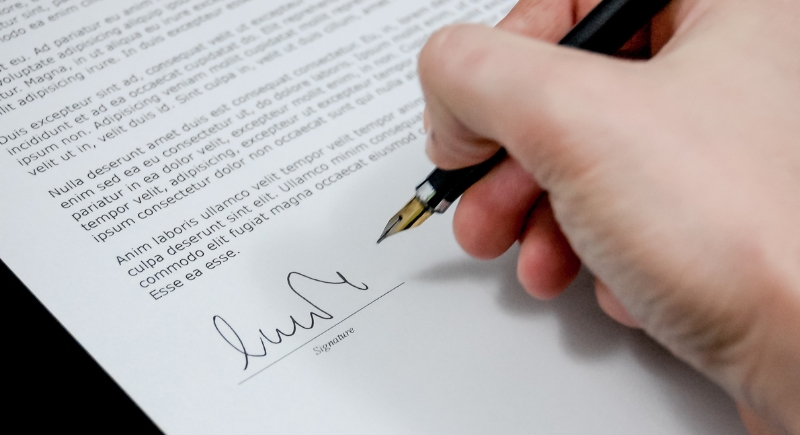The Rise of “Petnups”: Why Couples Are Signing Custody Agreements for Their Animals
When relationships end, deciding who gets the couch isn’t as personal as figuring out who gets the dog. As more people view pets as family, many couples now sign pet custody agreements before marriage or after adopting a pet together.
This is known as “petnups,” and these agreements outline who will keep the pet, who pays for care, and how major decisions will be handled.
Legal Systems Still Treat Pets as Property

Image via Getty Images/Fat Camera
In most parts of the world, including the UK and Washington State, pets fall under property law. This means courts treat animals like furniture or vehicles during a divorce. The person listed as the buyer or owner on documents like microchip registrations or vet records usually receives lawful ownership. Judges do not typically evaluate who walks the dog or who feeds the cat daily.
That reality can feel harsh to pet owners who see animals as emotional companions rather than legal assets. British Columbia, Canada, recently passed legislation recognizing pets as family members, which moved the focus in custody cases to the pet’s welfare.
Some US states have adopted similar standards. However, in most places, a court will not consider emotional bonds or caregiving history unless those details are documented. Without a signed agreement, pet custody decisions often hinge on paperwork rather than real-life routines or attachments. That’s why more couples now write formal agreements to protect everyone involved.
Petnups Define Placement and Responsibility
A petnup can remove the uncertainty that comes with joint pet ownership. These written agreements identify who is legally responsible for the animal and who will care for it if the relationship ends. A petnup includes ownership terms, care schedules, and rules for future decisions about the pet’s health.
The agreement often outlines financial duties, such as who pays for food, vet visits, or grooming. Some contracts also detail backup plans if one partner becomes unable to care for the pet. In cases involving animals with social media followings or potential earnings, couples sometimes incorporate income and intellectual property clauses.
Though not automatically binding in the UK, courts may consider a well-written, voluntarily signed petnup during disputes. Attorneys recommend that both parties receive legal advice before signing to improve the agreement’s legal weight. Including pet terms in a broader prenuptial agreement can also increase the chances that the court will respect those terms during divorce proceedings.
Disputes without Agreements Can Escalate

Image via Canva/pixabay
When no petnup exists, ownership disputes typically become complicated and emotionally charged. In legal terms, pets fall into the same category as household items, but for many couples, they carry far more emotional value. Judges may still award custody based on who adopted the pet, who paid for its care, or whose name appears on medical records. But those decisions rarely reflect personal attachments or day-to-day routines.
Various recent cases detail how courts have considered factors such as who took primary responsibility for the animal and whether the pet has a strong connection to any children in the household.
However, this approach is not consistent or guaranteed. With no agreement in place, people risk losing a pet they raised and cared for. A number of courts now recommend mediation or arbitration to resolve pet disputes outside of formal proceedings. Legal experts continue to encourage couples to avoid litigation by putting clear terms in writing before problems arise.